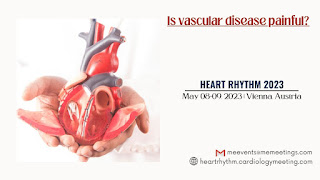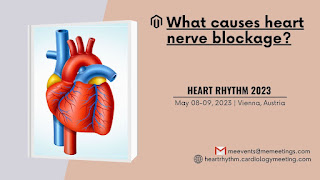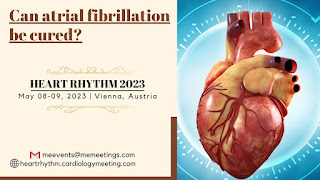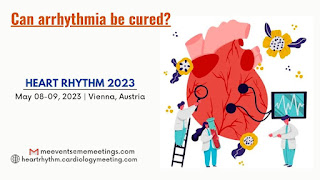Is vascular disease painful?
Vascular pain is discomfort caused by
circulatory problems. It could be vascular pain if you have unexplained leg
discomfort or heaviness. It most commonly affects your lower legs or ankles,
although it can also affect your arms or hands. Vascular claudication is
another term for vascular discomfort in the legs. Vascular discomfort is less
prevalent in your arms, but it still affects about one out of every ten people.
Vascular discomfort is frequently described as a
heaviness or throbbing sensation. It can also feel like a dull ache. It usually
affects your legs and gets worse when you walk or exert yourself.
Vascular pain is more common in people who have
vascular disorders. Adults over the age of 50 are more likely to have vascular
disease, as are those who:
- Are pregnant.
- Have a family history of vascular disease.
- Have obesity.
- Have other conditions that affect their blood vessels, such as diabetes or high blood pressure (hypertension).
- Live a sedentary (low activity) lifestyle.
- Sit or stand for long periods.
- Smoke.
Vascular discomfort is typically caused by a
vascular disease. Vascular illnesses can cause your blood vessels to constrict
or become inflamed (vasculitis). You could also have a blood vessel that is
constricted or clogged, reducing blood flow.
Some of the most common causes of vascular pain
include:
- Atherosclerosis.
- Chronic venous insufficiency.
- Diabetes.
- Deep vein thrombosis (DVT).
- Peripheral artery disease (PAD).
- Raynaud’s phenomenon.
- Varicose veins.
To diagnose vascular pain, your healthcare
professional will interview you about your symptoms and perform a physical
exam. They frequently search for outward symptoms of vascular disorders, such
as discoloration, tears, ulcers, or a weak pulse in your arm or lower leg. Vascular
disorders can be lifelong problems. However, you can manage them with medical
treatment and lifestyle adjustments. Adopting better habits and treating any
underlying disorders will help lessen discomfort and allow you to return to
your normal activities.




Comments
Post a Comment